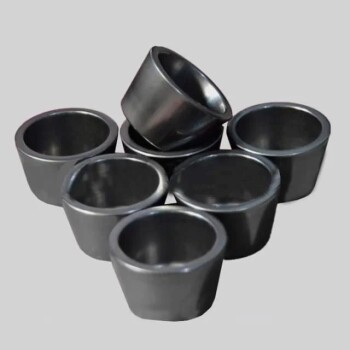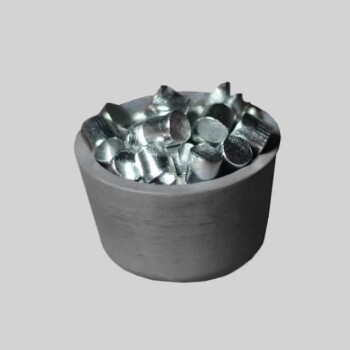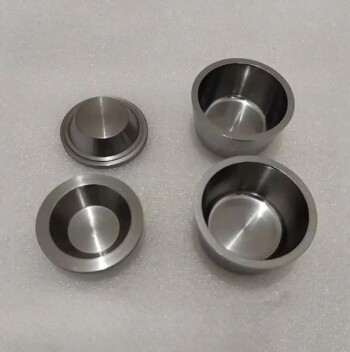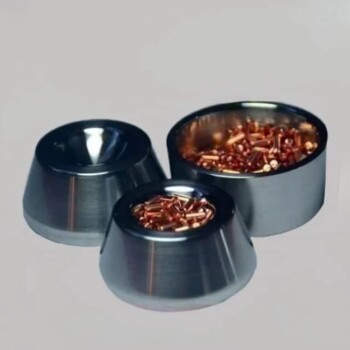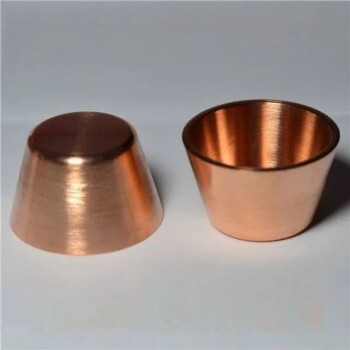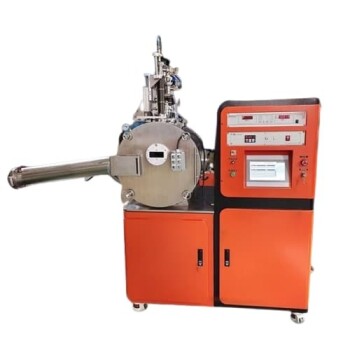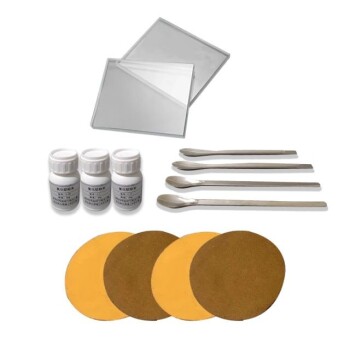Electron beam machining (EBM) is a highly precise and versatile manufacturing process that utilizes a focused beam of high-velocity electrons to cut, drill, or modify materials. Its applications span across industries that require high precision, intricate detailing, and the ability to work with hard or heat-resistant materials. EBM is particularly valuable in aerospace, medical device manufacturing, microelectronics, and other high-tech industries. The process offers superior surface finishes and narrow kerf widths, making it ideal for high-value products. However, its high equipment costs limit its use to specialized applications.
Key Points Explained:
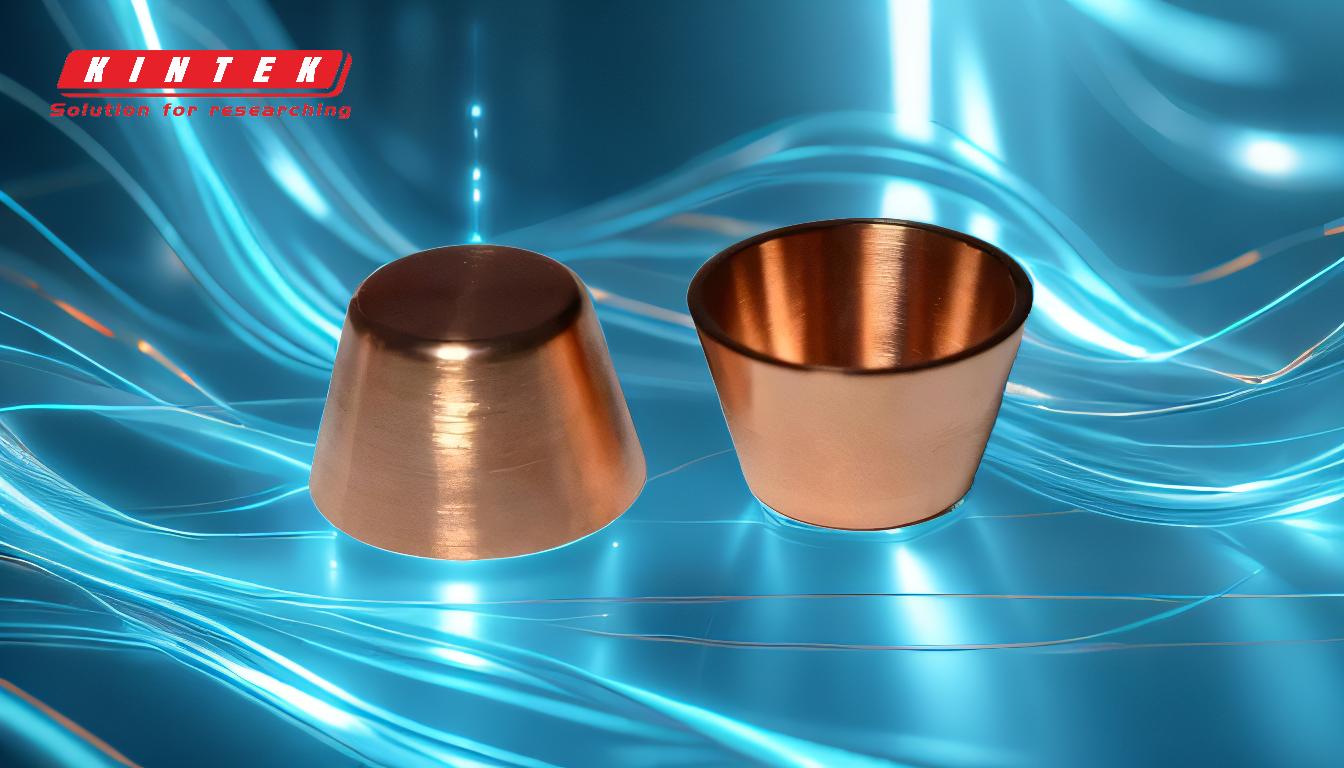
-
Aerospace Industry:
- Precision Components: EBM is widely used in the aerospace sector to manufacture precision components that require high accuracy and intricate detailing. The ability to work with heat-resistant and wear-resistant materials makes it ideal for aerospace applications.
- Thermal Barrier Coatings: Electron-beam physical vapor deposition (EB-PVD) is used to apply thermal barrier coatings on aerospace components, enhancing their durability and performance under extreme conditions.
-
Medical Device Manufacturing:
- Intricate Parts: EBM is employed to create intricate and complex parts for medical devices, such as surgical instruments and implants. The precision of EBM ensures that these components meet stringent medical standards.
- Biocompatible Materials: The process is capable of machining biocompatible materials, which are essential for medical implants and devices.
-
Microelectronics and Semiconductor Industry:
- Microfabrication: EBM is used in the microfabrication of semiconductors and microelectromechanical systems (MEMS). The process allows for the creation of sub-micrometer and nano-dimensional features, which are critical in the production of advanced electronic components.
- Electron-Beam Lithography: This technique is used for patterning and creating fine features on semiconductor wafers, enabling the production of high-density integrated circuits.
-
Optics and Solar Panels:
- Optical Coatings: Electron-beam evaporation is used to deposit thin films and optical coatings on lenses, eyeglasses, architectural glass, and solar panels. These coatings enhance the optical properties and durability of the materials.
- Solar Panel Manufacturing: EBM is used in the production of solar panels, where it helps in creating dense and strong coatings that improve the efficiency and lifespan of the panels.
-
Polymer and Composite Materials:
- Polymer Modification: EBM is used to modify polymers, including liquid-crystal films, through processes like crosslinking and chain scissioning. This enhances the material properties, making them suitable for various industrial applications.
- Heat-Shrinkable Plastics: The technology is used in the production of heat-shrinkable plastics, which are widely used in packaging and insulation.
-
Welding and Heat Treatment:
- High-Precision Welding: EBM is used for high-precision welding applications, where the rapid increase in temperature at the point of impact allows for quick melting and joining of materials. This is particularly useful in the automotive and aerospace industries.
- Cable-Isolation Treatment: The process is also used for the treatment of cable isolation, improving the durability and performance of electrical cables.
-
Food Processing:
- Sterilization: Electron-beam processing is used in the food industry for sterilization purposes. The high-energy electrons effectively kill bacteria and other pathogens, ensuring the safety and longevity of food products.
-
Environmental and Economic Advantages:
- Efficiency: EBM offers economic advantages by reducing material waste and improving process efficiency. The precision of the process minimizes the need for secondary machining operations.
- Environmental Benefits: The technology is environmentally friendly, as it reduces the need for hazardous chemicals and produces minimal waste.
In summary, electron beam machining is a highly specialized and versatile technology with applications across various high-tech industries. Its ability to provide precise, high-quality finishes and work with difficult materials makes it invaluable in fields such as aerospace, medical devices, microelectronics, and more. Despite its high initial costs, the economic and environmental benefits it offers make it a preferred choice for high-value manufacturing processes.
Summary Table:
| Industry | Key Applications |
|---|---|
| Aerospace | Precision components, thermal barrier coatings |
| Medical Device Manufacturing | Intricate parts, biocompatible materials |
| Microelectronics | Microfabrication, electron-beam lithography |
| Optics & Solar Panels | Optical coatings, solar panel manufacturing |
| Polymer & Composite Materials | Polymer modification, heat-shrinkable plastics |
| Welding & Heat Treatment | High-precision welding, cable-isolation treatment |
| Food Processing | Sterilization |
| Environmental & Economic | Reduced waste, eco-friendly processes |
Interested in how electron beam machining can revolutionize your industry? Contact us today to learn more!
